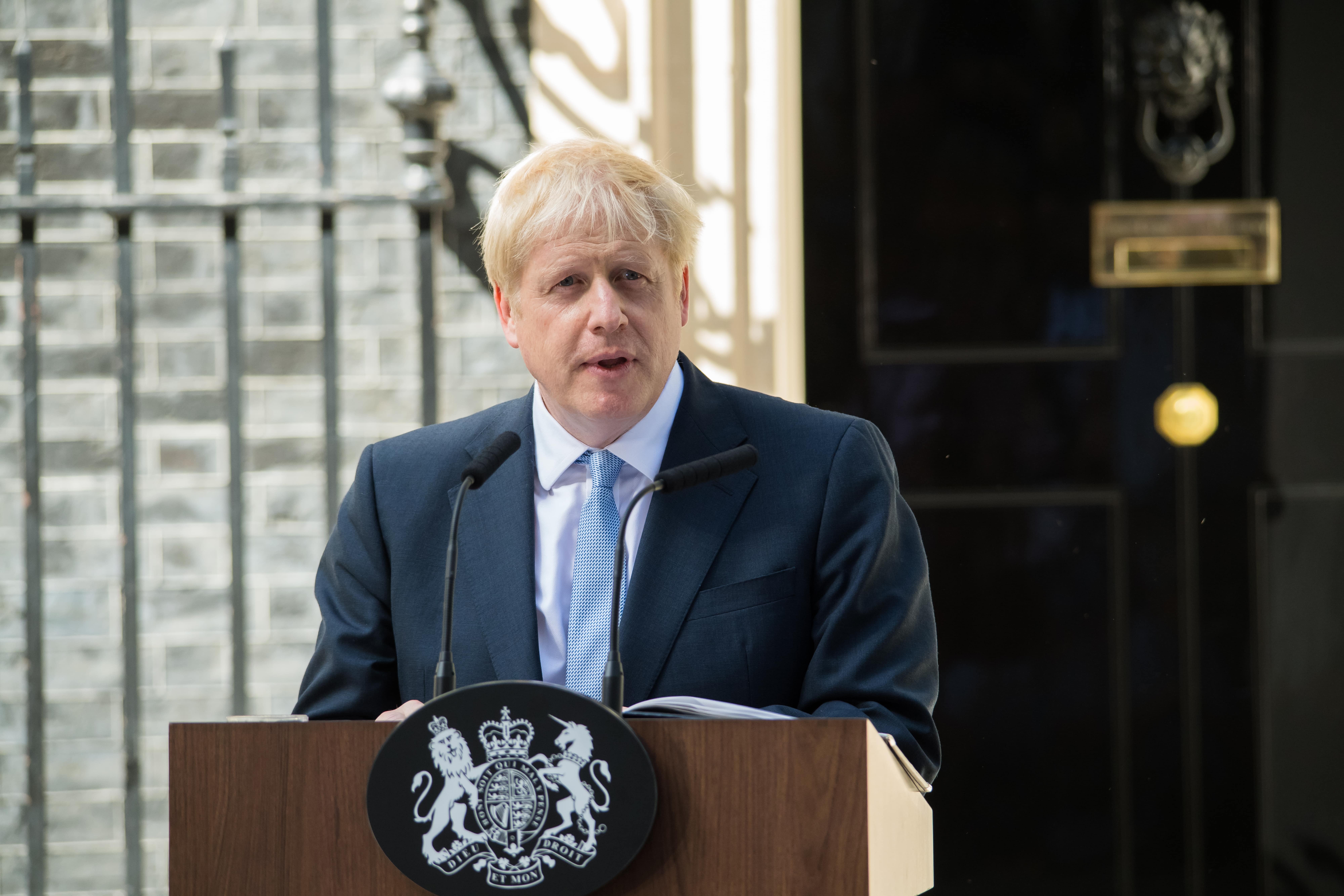Sector - Sustainability
Counting the True Cost of Construction Waste

As Sales Director of leading recycling and waste management company to the construction industry, Powerday, Anthony Davitt explains what he’s expecting to change in 2021 when it comes to managing waste on construction sites.
With everything that 2020 has thrown at the construction industry, waste may not
currently feature on your New Year’s Resolutions but we expect it to be an interesting year for construction recycling and waste management. Here we outline some of our predictions for 2021…
Earlier engagement with waste contractors
In our experience, recycling and waste is not a discussion that traditionally comes up early in the planning process. Given its impact on the bottom line, and its importance in addressing the climate crisis, we expect it to start to come into discussions much earlier in 2021.
Engaging early with waste contractors enables informed decisions to be made at a point where the outcome can be influenced. No two sites are the same and it is only by having sufficient time to fully explore different waste and recycling solutions, can we find the best, and most cost-effective, options for a particular site. We are being engaged with much earlier at the planning of site set-up, where we can use learnings from previous sites and projects to advise what works well and what doesn’t, given site constraints and transport logistics. We are keen to work more with architects and designers, engaging even earlier in the construction process. Then we can review the products they are recommending, and advise whether they might be reusable, recyclable or there might be alternatives that would be more cost effectively dealt with as waste both during build and in the lifetime of the building. This will help businesses setting net zero targets and trying to work out how to move towards a circular economy.
Increased use of technology
Even if we didn’t beforehand, we all had to embrace technology during 2020, and we expect that to continue in 2021. Love it or hate it, technology can make everyone’s lives easier and give greater accountability.
Digitisation is helping waste contractors provide timely and accurate reporting on all aspects of a job. Orders can be placed using web or phone Apps – enabling real-time tracking of order values and close cost monitoring. Technology can easily facilitate tracking of waste vehicle movements and planning for their arrival, hereby minimising time on site, man hours and transportation costs. Good quality recycling performance data can help identify opportunities for cost savings and increased reuse as well as understanding of successes. Expect to see much more progress in this area in 2021.
Downward pressure on costs
There’s no doubt that the construction industry faces huge commercial challenges and an uncertain time at the present. With this, we expect minimising waste costs to remain a priority for construction sites, now as much as it ever did.
Traditionally this would see businesses focused on the upfront cost of a bin and a collection service. What we are seeing more of now though is companies looking at the true cost of recycling and waste management. ‘Value for money’ is being seen more through the ability for professional waste management companies to deliver on a very broad front across the lifecycle of a contract – towards net zero, social value and other sustainability targets, helping construction companies ensure compliance, set best practice and maintain their reputations for being at the forefront of the industry.
Ambitious government policies and plans
In November 2021, the UK will host the UN Climate Change Conference COP26 and, preside over this monumental meeting of world leaders in Glasgow. As a result, 2021 is likely to be a bumper year for government announcements around climate action, waste targets and how to deliver net zero buildings.
Despite Covid-19 and Brexit, as host of COP26, the UK will be expected to show leadership in global climate action next year and have a clear plan of how to reach our net zero target. The Government is expected to build on its ‘ten-point plan for a green industrial revolution’ and 2030 emissions reduction target (both published in 2020) and outline further efforts to reduce carbon emissions and to tackle climate change. As the producer of over half the waste generated in the UK, I think it’s a safe bet that the construction, demolition and excavation sectors will be at the front of the queue for the government’s ambitious plans.
And what of Brexit?
With all the uncertainties that hang over us in relation to Brexit, I’m hesitant to put in writing that waste management will not be affected but from a compliance point of view, reciprocal arrangements are in place. As the UK remains a party to the Basel convention post Brexit, we can continue to export waste such as refuse derived fuel with existing trans frontier shipment paperwork. There are still many unknowns, there will be added administration, and we have to expect border delays but these are issues for waste management contractors not waste producers. The EA has made continency storage arrangements in the anticipation of disruption at the ports and so should have your waste contractor so although I can’t speak for the whole waste industry, this should not affect waste being removed from any premises or construction sites.
Those who were hoping for a quiet life in 2021 will be sorely disappointed but at least we will have seen the back of 2020!
If you would like to read more like this, then please click here
Related Articles
More Sustainability Features
- Landfill tax will not enable the circular economy
11 Dec 25
The National Federation of Builders (NFB) has released a short report titled, ‘Going full circle: Making a circular economy work for builders’,
- Why sustainability fails without structural engineers
9 Sep 25
Development firms could benefit from in-depth structural engineering knowledge
- Solar on all new homes must align with 1.5 million homes target
20 Jun 25
The Government have said that solar panels will be included in the FHS, leading to installation on the vast majority of new build homes.






